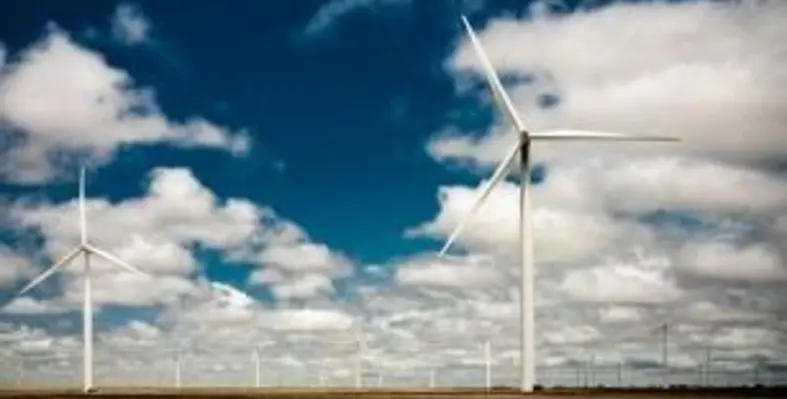Aziz Rabbah, Moroccan minister for energy, mines and sustainable development, has announced that the amount of investments in the country has exceeded US$13.7bn
He noted that in selecting projects, the government has adopted a ‘national preference’ approach.
Speaking at a press conference on energy and sustainable development, Rabbah stressed that Morocco has made notable developments in the field of energy-related scientific research, particularly renewable energy.
Rabbah added that, in addition to its strong potential, Morocco’s progress in the field has prompted world-leading companies in the energy sector to contribute to the development of its energy sector.
Morocco’s reliance on foreign countries for electricity reduced from 98 per cent to 92 per cent thanks to the national energy strategy adopted in 2009, he stated.
He said the government is evaluating the first 10 years after the adoption of a strategy aimed at gradually moving towards renewable energies.
In addition, he praised the sector’s major and rapid shifts, including the expansion of local component and equipment production and a 40 per cent reduction in clean energy equipment prices over three years.
He explained that these developments changed the vision for incentive measures and sector support measures, noting that the discussions highlighted several options including tax exemptions to encourage individuals, businesses and farms to acquire solar energy equipment.
He also mentioned the introduction of the use of solar pumps in the field of agricultural irrigation. He said the government was planning to launch a special support fund to acquire such agricultural equipment.
However, the low equipment prices made farmers move to the market to buy solar pumps without waiting for the government fund. “So far, we have counted 28,000 farm farms using solar pumps, and that's just what we got because the real number is even bigger,” he further said.
The government continues to amend the sector’s legal framework, noting that a new draft bill is being discussed in parliament that would allow households to invest in solar energy systems to meet their self-needs and sell the surplus by pumping it into the national electrical grid, Rabbah further added.
He concluded that another draft bill is underway setting conditions on firms that provide energy services as to human resources, administration, and products’ quality – in addition to another draft that organises opening gas stations and importing fuels and oil products.












